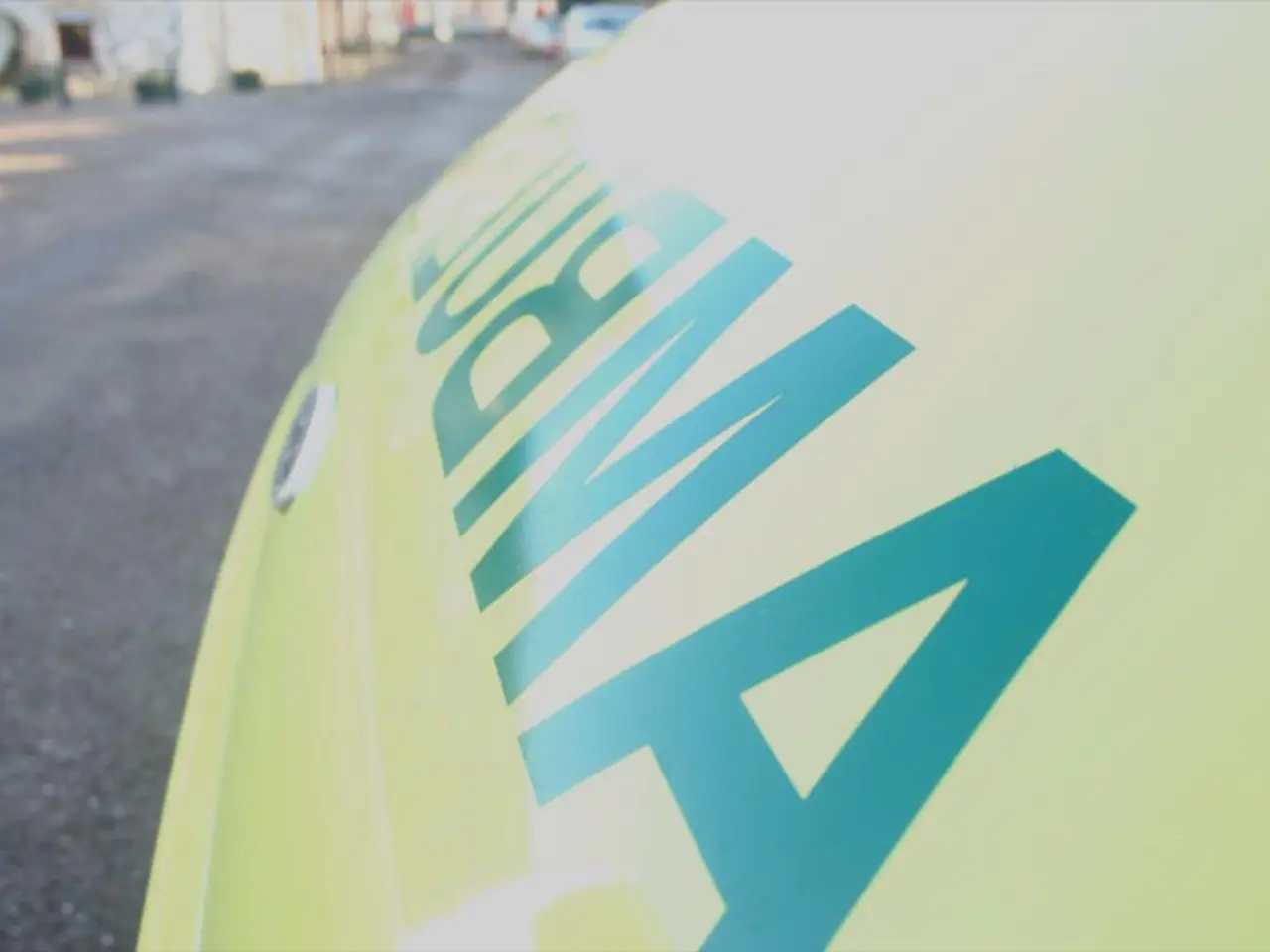Airbus Prepares for Initial Flight Test of MegaWatt-Class Hydrogen Fuel Cell Engine
Airbus, a leading aircraft manufacturer, has announced ambitious plans to launch a commercial hydrogen-powered aircraft by 2040–2045 as part of its zero-emission aviation goals. The company's recent developments focus on advancing hydrogen fuel cell propulsion, in collaboration with MTU Aero Engines.
In 2025, Airbus and MTU Aero Engines signed a Memorandum of Understanding to accelerate the development of hydrogen fuel cell technology, which is seen as promising and critical to decarbonize aviation.
Hydrogen-Powered Demonstrator
While a detailed public timeline for a hydrogen fuel cell demonstrator flight from Airbus has not been released yet, efforts to develop and test such propulsion are ongoing. The collaboration between Airbus and MTU Aero Engines is focused on hydrogen fuel cell technology, which is expected to play a significant role in decarbonizing aviation.
Cryogenic Hydrogen Storage
Airbus is expected to explore the use of cryogenically stored liquid hydrogen to maximize efficiency for commercial use. This technique, demonstrated by H2FLY's HY4 hydrogen fuel-cell aircraft, doubled the range of their demonstrator from 750 km to about 1,500 km by reducing tank weight and volume.
A380 Modification
Industry discussions and academic sources suggest that Airbus has previously considered using existing aircraft, including A380 or A320 variants, as testbeds or demonstrators for hydrogen technologies. However, no confirmed public timeline or project details are available as of mid-2025.
The Hydrogen-Powered Demonstrator Project
In 2024, Airbus will build an "iron pod" test rig, which will bring together various key ingredients for the first time, including 800kW of fuel cell power, two electric motors, and a liquid cooling system. The demonstrator will use Airbus' multi-modal flight test platform, the iconic A380 MSN001. The aircraft will be modified to carry the fuel-cell engine pod and contain liquefied hydrogen in a unique cryogenic tank in the aircraft's rear fuselage.
The hydrogen from the cryogenic tank will be converted into a gaseous state and distributed to the fuel cell inside the engine pod, where dioxygen will be supplied by a controlled flow of air from the surrounding atmosphere. The resulting reaction inside the fuel cell will produce direct electrical current, which will be converted into alternating current by inverters. Electric motors will then convert the electrical power into mechanical power to drive the propeller, providing the thrust.
Mathias Andriamisaina, Head of ZEROe Demonstrators and Tests at Airbus, notes that there are challenges ahead, not only in design but also in testing, between now and the flight tests in 2026.
The ZEROe Concepts
The aircraft concepts unveiled by Airbus two years ago, collectively known as "ZEROe", are helping to define the world's first zero-emission commercial airliner. The ZEROe concepts explore various size categories, aerodynamic layouts, and propulsion system architectures, but they all use hydrogen as fuel.
Ground Testing Activities
Extensive ground testing activities are underway, including electrical benches, thermal management systems, and fuel-cell integration benches. From 2024, additional integrated test benches will be added, such as a fuel cell system integration bench, functional integration bench, and Propeller Integration Bench.
Airbus is designing, building, and demonstrating a megawatt-class hydrogen-powered fuel-cell engine for an all-new zero-emission aircraft, scheduled to enter service by 2035.
Challenges Ahead
Airbus is conducting feasibility studies and laboratory tests to realize a fully working megawatt-class fuel-cell engine and demonstrator, which could be tested in flight by 2026. Mathias Andriamisaina, Head of ZEROe Demonstrators and Tests at Airbus, notes that there are challenges ahead, not only in design but also in testing, between now and the flight tests in 2026.
By 2026, the teams will be able to test the entire system in the integrated test bench (ITB), which will be connected to the same flight test instrumentation as for the A380 MSN001 and will have a co-located control room for flight crew training.
- The renewable-energy sector, represented by hydrogen fuel cell technology, is key to decarbonizing the aviation industry, as exemplified by Airbus' plans to develop a hydrogen-powered aircraft and its collaboration with MTU Aero Engines.
- In the quest to advance hydrogen fuel cell propulsion, Airbus is exploring the use of cryogenic hydrogen storage, a technique demonstrated by H2FLY's HY4 hydrogen fuel-cell aircraft, which aims to maximize efficiency for commercial use.
- As part of the advancements in renewable-energy and technology within the aviation industry, Airbus is reportedly considering modifying existing aircraft, such as the A380 or A320 variants, as testbeds or demonstrators for hydrogen technologies, although no confirmed public timeline or project details are available.




